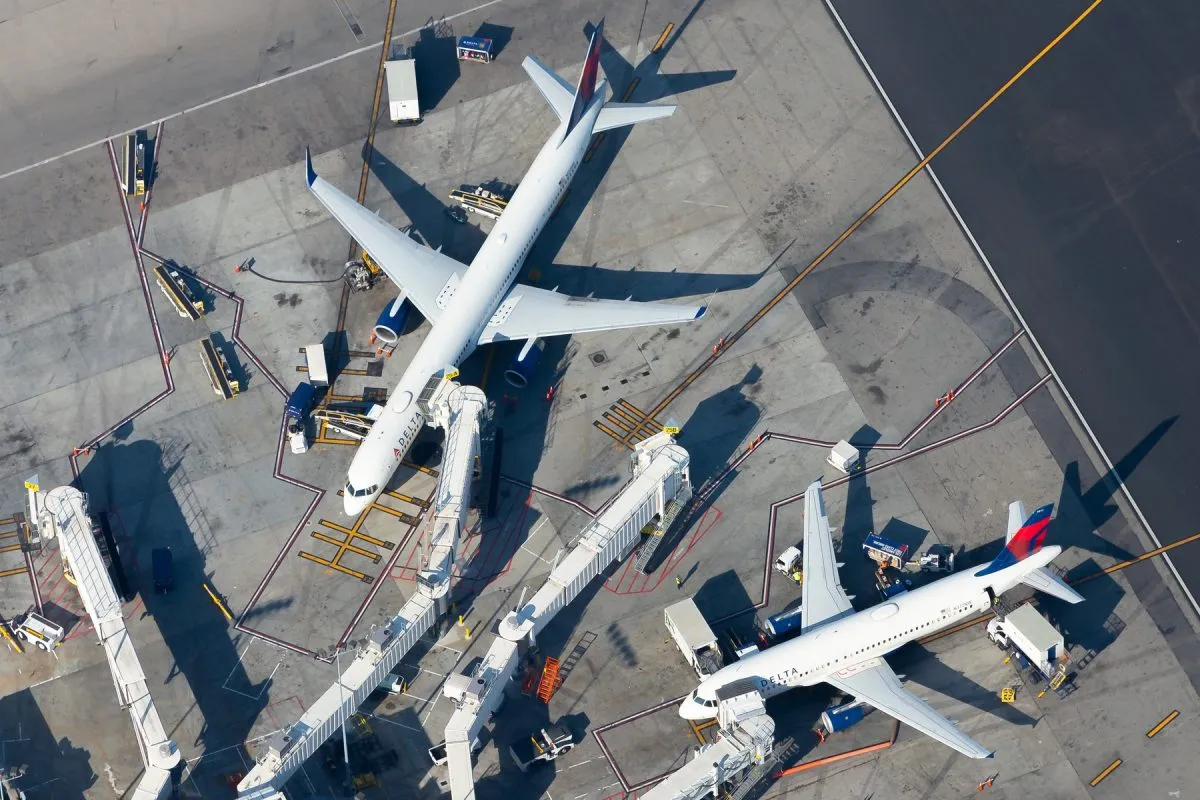Best Time to Find Business Travel Price Drops is Tuesdays, Off-Hours
Skift Take
Business class airfares are as volatile as leisure fares,so there is no static answer about when to find the lowest fares.
But price-tracker Yapta monitored corporate itineraries from 34 large corporations over a six-month period last year, and published its findings about falling airfares.
As depicted in the infographic below, Tuesdays at off-hours may have the largest percentage (21%) of the week's price drops.
But, Tuesdays off-hours was only marginally more volatile than Wednesdays (19%), and this, of course, is subject to variation.
Negotiated fares drop more frequently (73%) than other fare classes, Yapta found.
There are a variety of airfare price drops when it comes to negotiated rates, and Yapta uses its FareIQ tool to monitor them and notify clients.
"Sometimes negotiated rates can open in a different class of service, which would open an opportunity for the company to save," a spokesperson for Yapta says. "Also, often times companies will simply negotiate a discount off of the public fare. So, knowing what the negotiated discount should be from the public fare, FareIQ can also identify an opportunity to save when the public fare drops in price."
When these price drops take place and corporations or their travel management companies get the notification, they can -- in theory, at least -- book the same carrier and the identical itinerary for a lower fare.
British Airways, Lufthansa, Air France and American Airlines were the most apt to reduce their fares while Alaska Airlines and US Airways were the most reluctant, Yapta found.
Yapta studied more than 100,000 itineraries from 34 large enterprises from July 1 to December 31, 2013, to come up with its findings:






